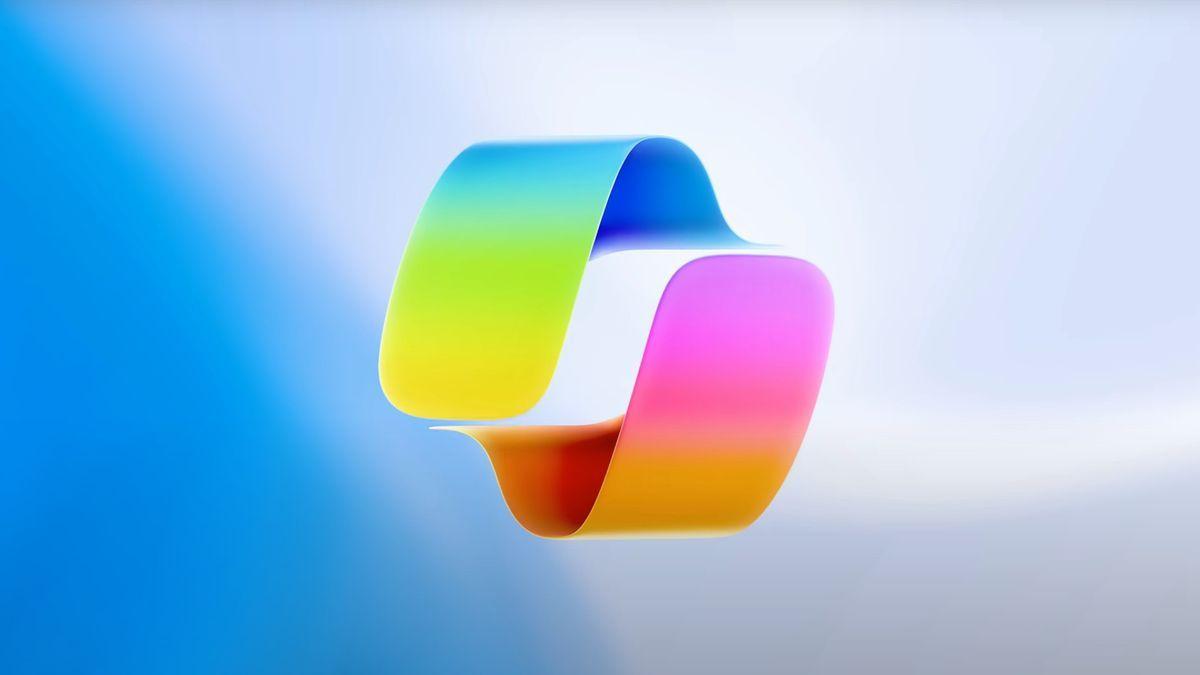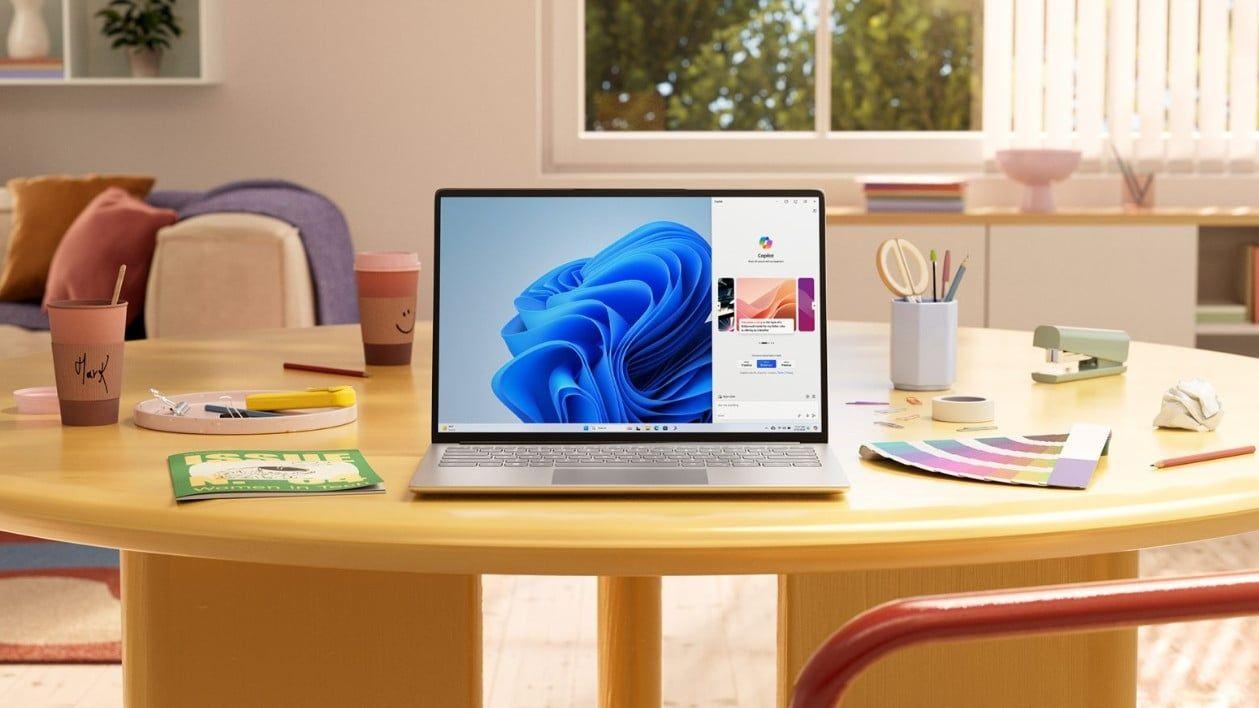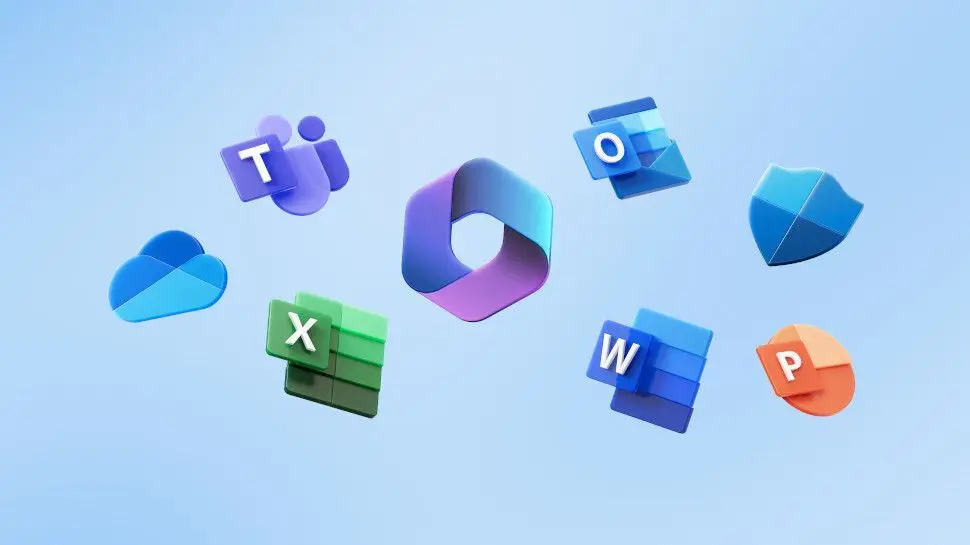Microsoft Urged to Revise Copilot Advertising Claims by Industry Watchdog
4 Sources
4 Sources
[1]
Microsoft should change its Copilot advertising, says watchdog
Tom Warren is a senior editor and author of Notepad, who has been covering all things Microsoft, PC, and tech for over 20 years. Microsoft's Copilot advertising has been criticized by an industry watchdog for its productivity claims and confusing use of Copilot branding. The Better Business Bureau's National Advertising Division (NAD) has reviewed Microsoft's Copilot advertising, and recommended that the software giant discontinues or modifies productivity claims about Microsoft 365 Copilot and more clearly disclose the limitations of its Business Chat feature. Microsoft has been claiming that Copilot has productivity and return on investment (ROI) benefits for businesses that adopt the AI assistant, including that "67%, 70%, and 75% of users say they are more productive" after a certain amount of Copilot usage. "NAD found that although the study demonstrates a perception of productivity, it does not provide a good fit for the objective claim at issue," says the watchdog in its review. "As a result, NAD recommended the claim be discontinued or modified to disclose the basis for the claim." Alongside the recommended productivity advertising changes, NAD also suggests that users of Copilot could be confused by Microsoft's wide use of the Copilot branding across multiple products -- including Business Chat. "NAD concluded, based on the context of the claims and universal use of the product description as 'Copilot,' that consumers would not necessarily understand the differences." NAD has recommended that Microsoft now "modify its advertising to clearly and conspicuously disclose any material limitations related to how Business Chat assists users." Microsoft has had years of confusing branding for Copilot. Microsoft relaunched its Copilot for business with free AI chat and pay-as-you-go agents earlier this year, in an attempt to simplify some of its branding woes. Microsoft 365 Copilot Chat as it's known now, started off as Bing Chat Enterprise before Microsoft then rebranded it, confusingly, to just Copilot. Somewhere in the middle of all this rebranding, Business Chat -- which was originally a chatbot in Teams -- is now Business Chat for Microsoft 365 Copilot. As I wrote in Notepad almost a year ago, Microsoft has been rebranding Copilot in the most Microsoft way possible. It's all part of trying to make businesses use Copilot more, and then pay extra for the Microsoft 365 Copilot subscription. Microsoft says it disagrees with NAD's conclusions, but that it "will follow NAD's recommendations for clarifying its claims." Hopefully that means that Copilot branding is going to be clearer in the future.
[2]
Is Microsoft misleading users about Copilot? New claims point the finger at AI productivity
Is it AI washing, or is Microsoft's history of being very bad at naming things adding a new chapter? Microsoft's branding and advertising have come under fire this week, and I can't say I'm surprised. The Better Business Bureau's National Advertising Division has published a report that feels like the latest chapter in Microsoft's history of being particularly terrible at naming its products. But is this a case of AI washing, marketing spin, or Microsoft being terrible at naming products? The BBB NAD has criticized Microsoft for its Copilot advertising, alleging that only some of the Copilot claims are supported by independent research. The report recommends that Microsoft modify or discontinue some AI features and performance claims. Microsoft's Copilot AI and Copilot+ PC platforms are confusing -- even if you know the difference between the two. For the average Windows user, the difference is even more obscure. The National Advertising Division (NAD) is a watchdog organization that fact-checks various marketing claims to ensure products are marketed accurately. The NAD investigated Microsoft's claims about Copilot AI features to determine if Microsoft was accurately advertising Copilot's capabilities both within the Microsoft ecosystem and with external applications. While the NAD upheld many of Microsoft's AI claims, the advisory board recommended that Microsoft modify its advertising around the Business Chat feature, as it cannot "seamlessly" generate a document in non-Microsoft applications. To get Business Chat to generate a document in outside apps, a user would need to take additional manual steps to produce the same results as Copilot. The NAD also criticized Microsoft's claims that its Copilot and Business Chat AI features increase productivity. Microsoft bases its claim that AI improves productivity on a self-report statement: "67-75% of users say they are more productive" after 6-10 weeks of Copilot usage. While Microsoft "disagrees with NAD's conclusions," the company has agreed to "follow NAD's recommendations for clarifying its claims." Business Chat requires additional functionality in non-Microsoft applications. Microsoft's self-report style of productivity rating questions some Copilot claims; however, they don't appear to be "AI washing." Business Chat can still generate documents in external applications, even if the AI feature requires additional steps from the user. Instead, this appears to be a case of marketing spin. The National Advertising Board also found that users could be confused by Microsoft's use of Copilot branding across multiple products with different features. Microsoft's Copilot assists users in Microsoft 365 applications like Word, Excel, and PowerPoint. Copilot is also a stand-alone AI chatbot. Microsoft's Business Chat is a chat interface for Microsoft's Copilot AI assistant. Then there's Microsoft's Copilot+ PC program, which has expanded AI features for hardware that meets a strict 40 TOPS NPU requirement. Even knowing all of this for the sake of reviewing hardware, I still find Microsoft's use of Copilot somewhat confusing. I can easily see how someone less informed would be blindsided by the differences between in-app Copilot features and accessing Copilot through Business Chat for external applications. So the idea that Microsoft overused the Copilot brand isn't exactly far-fetched. All we can do is hope the NAD's intervention will make Microsoft's Copilot branding clearer in the future. But I also wouldn't hold my breath, considering Microsoft's track record with naming things.
[3]
Industry watchdog tells Microsoft it must change Copilot advertising relating to productivity
As an Amazon Associate, we earn from qualifying purchases. TweakTown may also earn commissions from other affiliate partners at no extra cost to you. Some of the claims Microsoft has put forward regarding Copilot have come under fire from an industry watchdog, which has advised that the company should withdraw (or at least modify) them. Microsoft's bar charts showing that "Copilot users saw improvement in four key outcomes" (Image Credit: Microsoft) The organization in question is the BBB National Programs' National Advertising Division (NAD), and much of the flak aimed at Microsoft pertains to the case Microsoft has built for Copilot regarding marketing related to productivity. Specifically, these are figures that were shared in the past via an 'AI Data Drop' post from Microsoft (and elsewhere) whereby the firm asserts that, based on a "consumer perception study," Copilot users report that: "Over the course of 6, 10, and more than 10 weeks, 67%, 70%, and 75% of users say they are more productive." The watchdog criticizes Microsoft as follows: "NAD found that although the study demonstrates a perception of productivity, it does not provide a good fit for the objective claim at issue. As a result, NAD recommended the claim be discontinued or modified to disclose the basis for the claim." In a statement on the matter, Microsoft said: "Although we disagree with NAD's conclusions [for certain elements of the decision]", the company "appreciates the opportunity to participate in this proceeding and will follow NAD's recommendations for clarifying its claims." A further recommendation from NAD was to "clearly and conspicuously disclose any material limitations related to how Business Chat assists users." I remember seeing the Copilot productivity figures when they were initially bandied about, and being rather skeptical about how Microsoft had arrived (read: potentially angled) its study to come to more positive conclusions. Of course, this kind of tactic is commonplace in marketing - which all has to be taken with a suitable amount of seasoning - but it's good to see these issues pointed out by NAD.
[4]
Watchdog finds flaws in Microsoft's Copilot ROI pitch
An advertising watchdog, the BBB National Programs' National Advertising Division (NAD), has recommended that Microsoft alter its advertising for Copilot, citing concerns over productivity claims and potential branding confusion. NAD reviewed Microsoft's Copilot advertising and subsequently recommended the company discontinue or modify claims regarding the productivity benefits of Microsoft 365 Copilot. The watchdog also suggested that Microsoft more clearly disclose the limitations of its Business Chat feature. Microsoft has asserted that Copilot provides productivity and return on investment (ROI) advantages for businesses, stating that "67%, 70%, and 75% of users say they are more productive" after using Copilot for a certain period. However, NAD stated, "NAD found that although the study demonstrates a perception of productivity, it does not provide a good fit for the objective claim at issue." Consequently, NAD recommended that Microsoft either discontinue the claim or modify it to disclose the basis for the claim. Copilot Vision rolls out for Windows users In addition to the productivity advertising concerns, NAD indicated that Microsoft's widespread use of the "Copilot" branding across various products, including Business Chat, could cause confusion among users. NAD stated, "NAD concluded, based on the context of the claims and universal use of the product description as 'Copilot,' that consumers would not necessarily understand the differences." NAD has recommended that Microsoft "modify its advertising to clearly and conspicuously disclose any material limitations related to how Business Chat assists users." Microsoft relaunched Copilot for business earlier this year with free AI chat and pay-as-you-go agents. Microsoft 365 Copilot Chat originated as Bing Chat Enterprise before being rebranded as Copilot. Business Chat, initially a chatbot in Teams, is now Business Chat for Microsoft 365 Copilot. Microsoft has responded to NAD's recommendations, stating that it disagrees with the conclusions but "will follow NAD's recommendations for clarifying its claims."
Share
Share
Copy Link
The Better Business Bureau's National Advertising Division (NAD) has recommended that Microsoft modify or discontinue certain productivity claims about its Copilot AI assistant and clarify its branding to avoid user confusion.
NAD's Review of Microsoft Copilot Advertising
The Better Business Bureau's National Advertising Division (NAD) has conducted a review of Microsoft's advertising for its AI assistant, Copilot, recommending significant changes to the company's marketing approach. The watchdog's findings focus on two main areas: productivity claims and branding confusion
1
2
.
Source: LaptopMag
Productivity Claims Under Scrutiny
Microsoft has been promoting Copilot with claims of increased productivity and return on investment (ROI) for businesses. The company stated that "67%, 70%, and 75% of users say they are more productive" after using Copilot for varying periods
1
. However, NAD found these claims problematic, stating that while the study demonstrates a perception of productivity, it "does not provide a good fit for the objective claim at issue"1
3
.As a result, NAD has recommended that Microsoft either discontinue these claims or modify them to clearly disclose the basis for such assertions. This recommendation challenges Microsoft's approach to quantifying the benefits of its AI assistant in business environments
1
4
.Branding Confusion and Feature Limitations
Another significant concern raised by NAD is the potential for user confusion due to Microsoft's widespread use of the "Copilot" branding across multiple products and features. The watchdog concluded that consumers might not necessarily understand the differences between various Copilot-branded offerings
1
2
.
Source: TweakTown
Particularly, NAD suggested that Microsoft should "modify its advertising to clearly and conspicuously disclose any material limitations related to how Business Chat assists users"
1
. This recommendation stems from the observation that Business Chat, a feature of Copilot, may not function as seamlessly with non-Microsoft applications as the advertising might suggest2
4
.Related Stories
Microsoft's Response and Implications
While Microsoft has expressed disagreement with some of NAD's conclusions, the company has stated that it "will follow NAD's recommendations for clarifying its claims"
1
4
. This response indicates a willingness to address the concerns raised, potentially leading to more transparent and accurate advertising of Copilot's capabilities.Broader Context of AI Marketing

Source: Dataconomy
This scrutiny of Microsoft's Copilot advertising reflects a growing concern about how AI technologies are marketed and the need for clear communication about their capabilities and limitations. As AI becomes more integrated into business tools, there's an increasing demand for accurate representation of these technologies' benefits and functionalities
2
3
4
.The NAD's recommendations may have implications beyond Microsoft, potentially influencing how other companies in the tech industry advertise their AI-powered products and services. This case underscores the importance of balancing marketing enthusiasm with factual accuracy in the rapidly evolving field of AI technology
3
4
.References
Summarized by
Navi
[2]
[3]
[4]
Related Stories
Recent Highlights
1
Google Gemini 3.1 Pro doubles reasoning score, beats rivals in key AI benchmarks
Technology

2
Meta strikes up to $100 billion AI chips deal with AMD, could acquire 10% stake in chipmaker
Technology

3
Pentagon threatens Anthropic with supply chain risk label over AI safeguards for military use
Policy and Regulation








